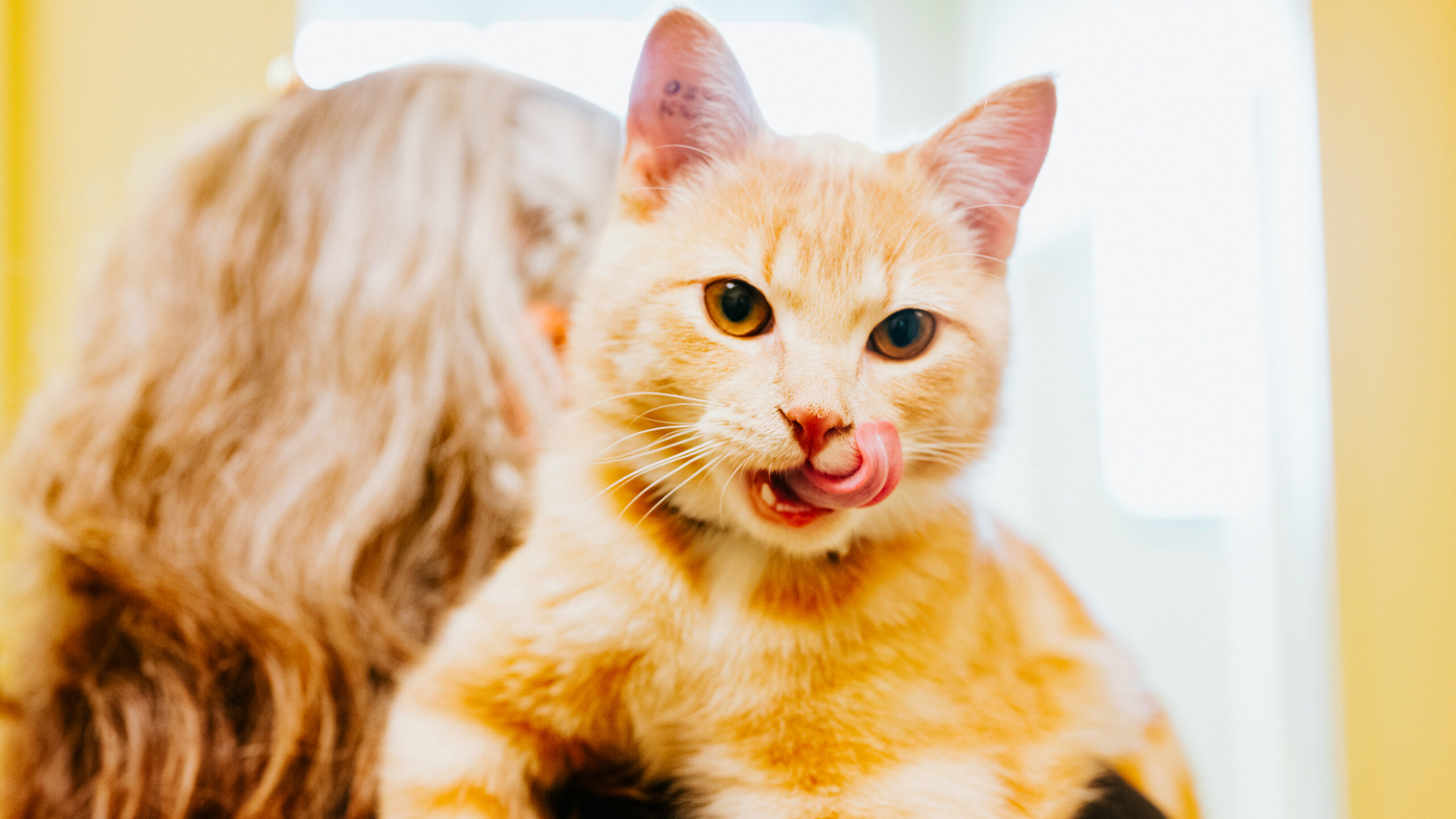TRU’s Veterinary Technology program opened its applications for cat adoptions on March 19. This second mid-semester adoption comes after a successful run earlier in the year, where all dogs went home with their forever families.
The cats come to TRU through collaborations with different rescue organizations, including the SPCA and Shuswap Paws. In cases where some of the pets do not find the right home, they go back to their original organization.
Vet Tech students are then in charge of caring for these pets. This includes neutering, vaccinating, tattooing, and any blood work they might need.
“We get to know the animal’s personalities really well, so that does help us come adoption time,” said Denise Hitt, a registered veterinary technologist and one of the program’s instructors. “[The cats] are typically here for three months, so it’s easy to know what the best place and home for these animals will be.”
Once the person interested in adopting a cat fills out the application, they undergo an interview and meet three cats to see which one is the right fit.
Faculty and students get priority, after which the adoptions are made available to the public. According to Hitt, they almost always rehome 100 per cent of the pets, and this year they have an average of double the applications per number of cats they have.
As students review the many applications submitted, they pay attention to key points, such as how an applicant’s lifestyle might most closely match the cat’s personality. Some cats may require a more knowledgeable person, some thrive with company, and some prefer their own space.
Hitt says it’s important that the cats find a home where they will continue to grow and truly be a part of the family. Several follow-ups occur, including a phone call during the first week and social media checks to ensure the pets are thriving.
“If anything is not working, we ask to be the first to know so that we [can] take them back, and then we could find them another appropriate home,” Hitt said.
This program is also valuable for the students who will graduate with practical animal treatment experience.
“Not only do they get to learn the hands-on procedures that they do, like doing the injections, drawing the blood, but they also get to learn a lot about animal behaviour, feeding and making sure that they’re getting appropriate amounts of food amongst other things,” Hitt said.
There’s an array of options for any prospective student wanting to look into Veterinary Technology. TRU offers a two-year on-campus program, a three-year Open Learning program and an eight-month distance education animal welfare certificate program.
All of those promise daily hands-on experiences with small animals in the teaching facility on campus and larger animals in a separate facility with livestock. Applications remain open as long as there are still cats to adopt. The Vet Tech adoption website is updated as the pets find their home, and the application form can also be found there.
Notice: According to the TRU Vet Tech website, Ronnie the cat (pictured in the feature image) has been adopted.

